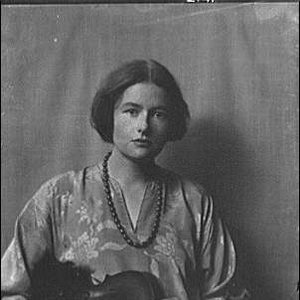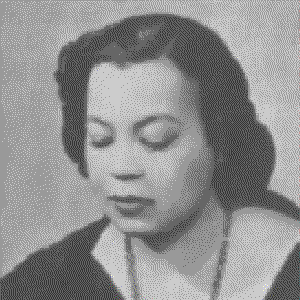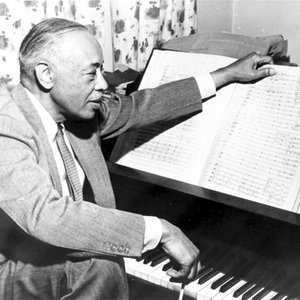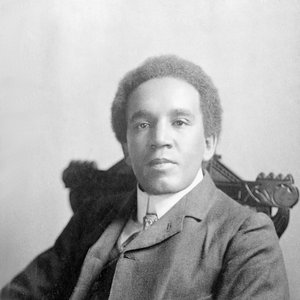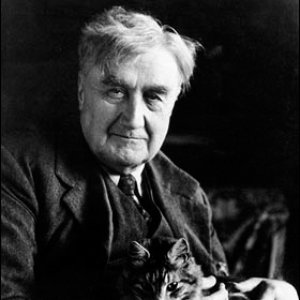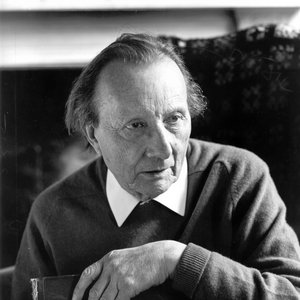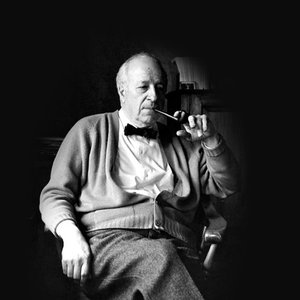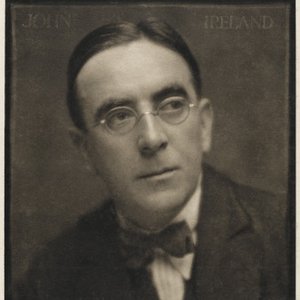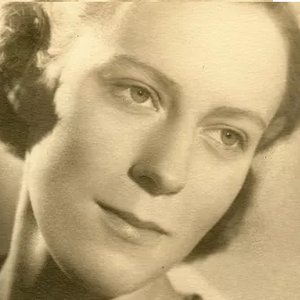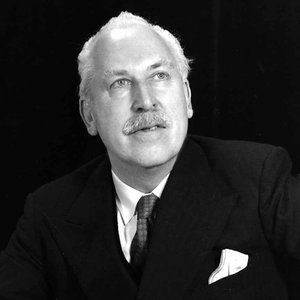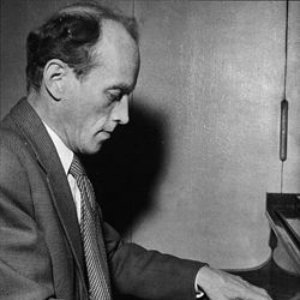Biography
-
Born
9 April 1887
-
Born In
Little Rock, Pulaski County, Arkansas, United States
-
Died
3 June 1953 (aged 66)
Florence Beatrice Price (April 9, 1887 – June 3, 1953) was an American composer.
Florence Price is considered the first black woman in the United States to be recognized as a symphonic composer. Even though her training was steeped in European tradition, Price’s music consists of mostly the American idiom and reveals her Southern roots. Her mother, a soprano and pianist, carefully guided her early musical training, and at age fourteen, she enrolled in the New England Conservatory of Music with a major in piano and organ. She studied composition and counterpoint with George Chadwick and Frederick Converse, writing her first string trio and symphony in college, and graduating in 1907 with honors and both an artist diploma in organ and a teaching certificate.
She taught in Arkansas from 1907-1927 and married Thomas J. Price, an attorney, in 1912. After a series of racial incidents in Little Rock, particularly a lynching that took place in 1927, the family moved to Chicago where Price began a new and fulfilling period in her compositional career. She studied composition, orchestration, and organ with the leading teachers in the city including Arthur Olaf Anderson, Carl Busch, Wesley La Violette, and Leo Sowerby and published four pieces for piano in 1928. While in Chicago Price was at various times enrolled at the Chicago Musical College, Chicago Teacher’s College, Chicago University, and American Conservatory of Music, studying languages and liberal arts subjects as well as music.
Her friendship with the young composer, Margaret Bonds, resulted in a teacher-student relationship and the two women began to achieve national recognition for their compositions and performances. In 1932, both Price and Bonds submitted compositions for the Wanamaker Foundation Awards. Price won first and second place with her Symphony in E minor, and for her Piano Sonata. Bonds came in third place with a song. The Chicago Symphony Orchestra, conducted by Frederick Stock, premiered the winning composition, Symphony In E Minor on June 15, 1933. A number of Price’s other orchestral works were also played by the WPA Symphony Orchestra of Detroit and the Chicago Women’s Symphony. Price wrote other extended works for orchestra, chamber works, art songs, works for violin, organ anthems, piano pieces, spiritual arrangements, four symphonies, three piano concertos, and a violin concerto. Some of her more popular works are: Three Little Negro Dances, Songs to a Dark Virgin, My Soul's Been Anchored in de Lord for piano or orchestra and voice, and Moon Bridge. Price made considerable use of characteristic black melodies and rhythms in many of her works. Her “Concert Overture on Negro Spirituals,” “Symphony in E minor,” and “Negro Folksongs in Counterpoint” for string quartet, all serve as excellent examples of her idiomatic work.
Deeply religious, Price frequently used the music of the black church as material for her arrangements. In 1949, Price published two of her spiritual arrangements, “I Am Bound for the Kingdom,” and “I’m Workin’ on My Buildin’,” and dedicated them to the black contralto Marian Anderson, who performed them on a regular basis. Price died in Chicago on June 3, 1953.
Artist descriptions on Last.fm are editable by everyone. Feel free to contribute!
All user-contributed text on this page is available under the Creative Commons Attribution-ShareAlike License; additional terms may apply.

